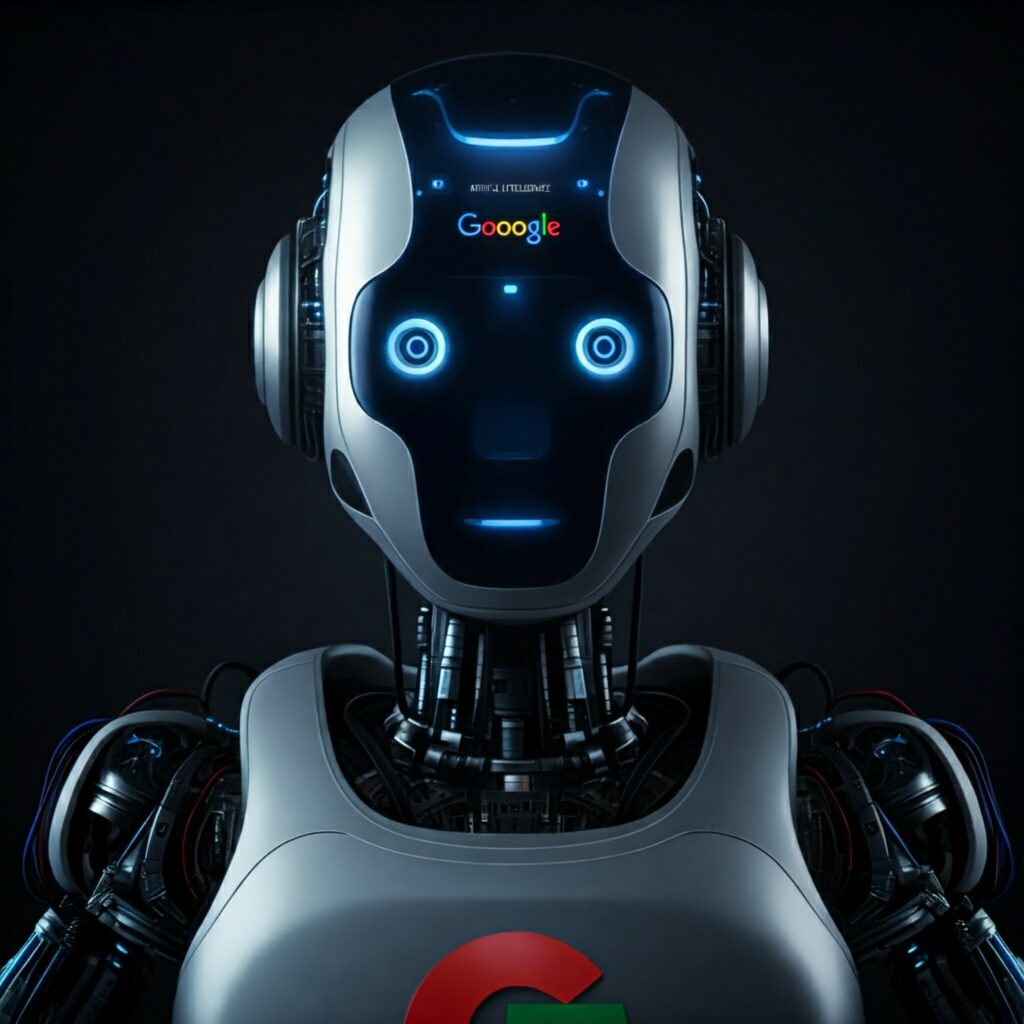https://dl.bookfunnel.com/q14p7jkfcp

Artificial Intelligence (AI) and Seniors: A New Frontier of Opportunity
The relationship between Artificial Intelligence (AI) and seniors is emerging as one of the most promising developments of the 21st century. While technology has often been seen as the domain of younger generations, today’s seniors are increasingly embracing AI tools to enhance their independence, health, and lifelong learning. In fact, AI may prove to be one of the greatest allies seniors have ever had — unlocking possibilities for thriving, not just surviving, in later life.
One of the most important contributions of AI for seniors is personalized healthcare. AI-driven applications can monitor vital signs, detect early warning signals for conditions like heart disease or cognitive decline, and even remind users to take their medications. Devices powered by machine learning can adapt to a senior’s unique habits and rhythms, providing early interventions that could significantly improve quality of life. Virtual health assistants, for example, offer seniors instant access to information and real-time support, reducing the need for constant in-person visits and empowering seniors to take more control over their health.
Beyond health, AI-powered communication tools are helping seniors stay connected with loved ones, combating isolation and loneliness — two major risks for older adults. Virtual companions, smart home devices, and intuitive voice assistants like Alexa, Siri, and ChatGPT offer friendly interactions and assistance with daily tasks, making technology more accessible and less intimidating. Seniors who once felt left behind by the digital age are now finding that AI speaks their language — literally.
Importantly, AI is also opening new doors for lifelong learning and purposeful engagement. Online AI tutors, virtual classrooms, and brain-training apps allow seniors to continue expanding their knowledge and skills from the comfort of home. Some seniors are even exploring new careers, becoming entrepreneurs, authors, or artists by leveraging AI platforms that simplify complex tasks and lower traditional barriers to entry.
However, for AI to truly fulfill its potential for seniors, accessibility and education must be priorities. Systems must be designed with simplicity, security, and trust in mind, ensuring that older adults feel comfortable and confident using them.
Ultimately, AI and seniors together represent a bold new chapter in human growth. By embracing technology not as a replacement but as a partner, seniors can redefine what it means to age — proving that innovation isn’t just for the young, but for the young at heart.


Leave a Reply